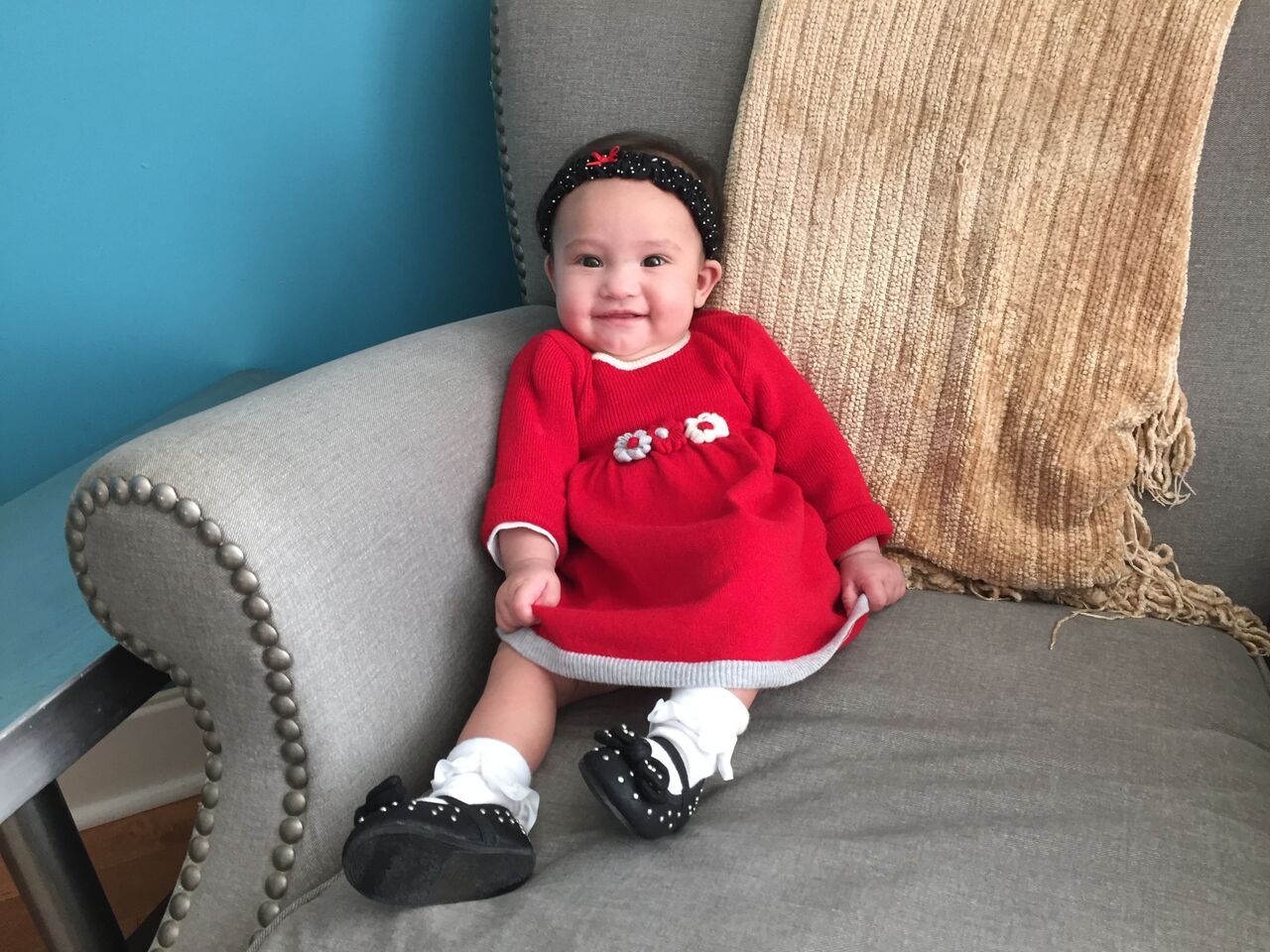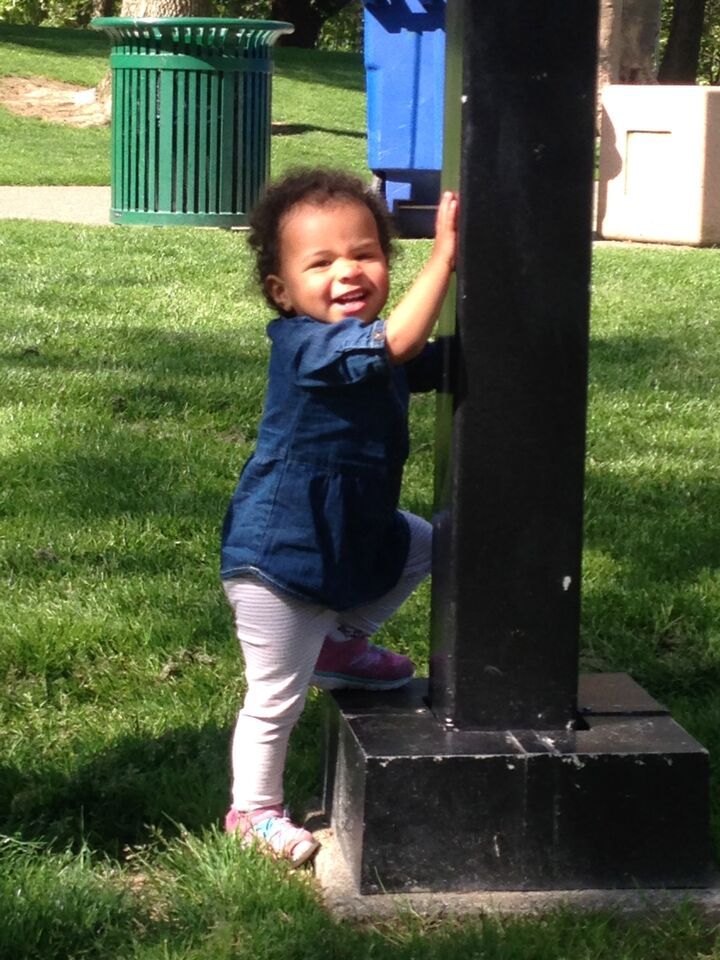
A birth mother’s medical history is important, before and after the adoption. If you’re considering putting up a child for adoption, you have likely looked at open adoption. While families often had closed adoptions in the past and children may not have known they were adopted. Today open adoption is very common. In an open adoption, you and your child’s adoptive parents can communicate. You may decide to be a part of your child’s life as he or she grows up. An open adoption is also helpful for another reason: it allows your child and your child’s family to ask questions about their birth mother’s medical history.
Why Does the Birth Mother’s Medical History Matter?
A birth mother’s medical history shouldn’t be a mystery: it’s just so much easier if your child’s family knows as much as possible about their adopted child’s medical history. As part of the adoption process, you will complete paperwork about family medical history. This can include obtaining prenatal care medical records.
While not all health problems are genetic, some are. Only you can provide important information about health conditions. If you have a disease or disorder that runs in your family, your child should know. Your child also needs to know about the circumstances of your pregnancy and birth. This information can not only help solve minor health questions. It can also help your child receive therapies that are required, determine supports that he might need at school. Sometimes the family health history can even save your child’s life. It will also help your child as he or she grows up and has children.
Your personal medical health information is confidential. If you choose not to move forward with an adoption, the adoption agency or attorney will shred these records.

Important Information About Your Medical History
If you’re giving your child’s adoptive parents information about your family health history, you may use a medical history form. This form will help you think about all of the potential information needed. The form could be given to your child’s adoptive parents. This includes a history of chronic conditions such as diabetes, information about cancer and other diseases, and information about physical challenges such as club foot. Try to be as detailed as possible, and if you can, ask your own parents for information as well.
If you’re speaking with your child’s adoptive parents, you may want to add information to their knowledge of your medical history. This could include information about learning disabilities or mental health issues. For example, if you have dyslexia, it could be helpful for your child’s adoptive parents to know this in case your child experiences the same thing.
One of the advantages of open adoption is that you can remain in contact with your child’s birth parents. In this way, you can update their medical history information as you grow older. If you discover that arthritis runs in your family, you can share that information with your child and/or the birth parents.
Information About the Birth Father’s Medical History
If you are in contact with the birth father, it’s helpful if he can also give information about his own medical history. There may be a place on the forms that you fill out for the birth father’s information. Encourage him to add as much detail as possible. If he is unknown, be sure to share as much information as you reasonably know.
Information About Your Pregnancy
What happens during your pregnancy can change your child’s medical history. For example, if you used alcohol or drugs before you realized that you were pregnant, this may have an impact on your child’s future health. Disclosing information about your pregnancy might make you feel nervous. Most pregnant women know that the surgeon general recommends no smoking or alcohol during pregnancy. However, being honest doesn’t mean that adoptive parents will not adopt your child. It simply gives your baby the best opportunity to grow up in an environment where people understand and support his or her medical needs. If you are concerned about anything you’ve taken during pregnancy, check with the Dept. of Health and Human Services for more information.
Information About Your Child’s Birth
If you’ve decided on adoption after your child is born, the adoptive parents may also be interested in what happened at your child’s birth.
While many births are uncomplicated, it’s important that your child’s adoptive parents know about any difficulties that your child experienced during birth. For example, cerebral palsy is due to brain injuries that a child receives before, during, or right after birth. When adoptive parents know about a difficult birth, they can use this information to help your child.
While disclosing your medical information can seem sensitive or awkward, this information can be a great help to your child’s family. As your child grows up, that information will not only help the adoptive family, it will help your child understand his or her background more thoroughly.

